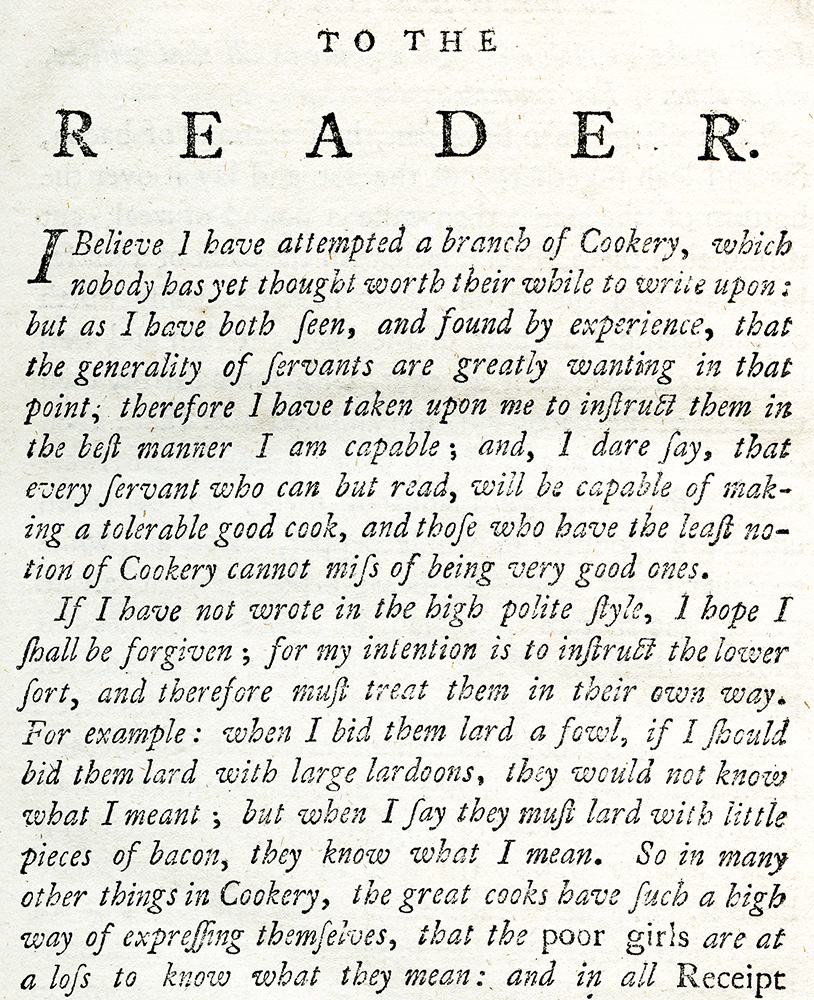

And feel free to borrow any of the books in my collection - and don’t even bother returning them! Welcome to my virtual library of 18th and early 19th century cookbooks.

If you’re interested in trying this, let me give you a head start. Welcome to my virtual library, feel free to borrow anything of interest. For instance, do you wish to research “gravy” in original documents that were published in, let’s say, the latter half of the 1700s? You can set those parameters. I say theoretically, because the results of this technique are not as reliable as conducting a search through each individual book.ĭo you want to search across Google’s entire collection? Use the search tools to refine the scope of your search. Then go to your library and enter that same word in the search window, and theoretically, Google will show you where the word appears across your library collection. open a book, enter a word in the search window, and the search engine will show you nearly all of the word’s occurrences in that book. The true beauty of what Google has done is that each of these digitized books is completely searchable. Searches can also be done (with limited success) across your entire virtual library. These are the books on which I focus.Ī full-view book in Google Books is searchable. There is a tremendous number of books, however, that are available online, fully digitized and completely free for your perusal. Click on the link provided and it will take you to a retailer who will gladly sell you a paperback copy at a reasonable price. Another type of digitized book offers a “snippet view,” or partial glimpses designed to entice you to buy the printed book. There are different levels of access to the various books in Google’s collection. But over recent years, I’ve been able to establish a rather extensive virtual collection of original documentation. There are a few navigation challenges that I’m still not sure I’ve completely figured out. I use Google Books almost daily in my research. It’s not conducive to heavy-duty batter-splashing research.īut when it comes to researching food history, there is one amazing primary research tool to which anyone with a computer and an internet connection has access, any hour of any day: Google Books. Someone else wearing cotton gloves will no doubt be there to turn the pages for me. And if I’m ever fortunate enough to lay my eyes on one, laying my hands on it is another story. They are available by appointment only, if at all. Most of the books in which I’m most interested are locked away in climate-controlled vaults. If you’ve attempted it before, you know the biggest challenge is usually access. When it comes to research, however, my greater joy and satisfaction comes from the challenge of searching through and deciphering the original texts. The Oxford Companion to Food and even the Oxford English Dictionary have also proven on multiple occasions to be invaluable sources of information.

Anne Wilson’s classic, Food and Drink in Britain. I have my favorites: Karen Hess’s epic annotative work, for instance, titled Martha Washington’s Booke of Cookery, and C. I appreciate being able to read other people’s interpretations of the old recipes, to see how my conclusions line up with collective wisdom. We have a modest collection of cookbooks, both old and modern, as well as secondary resources related to the topic 18th century cooking here in my office.


 0 kommentar(er)
0 kommentar(er)
